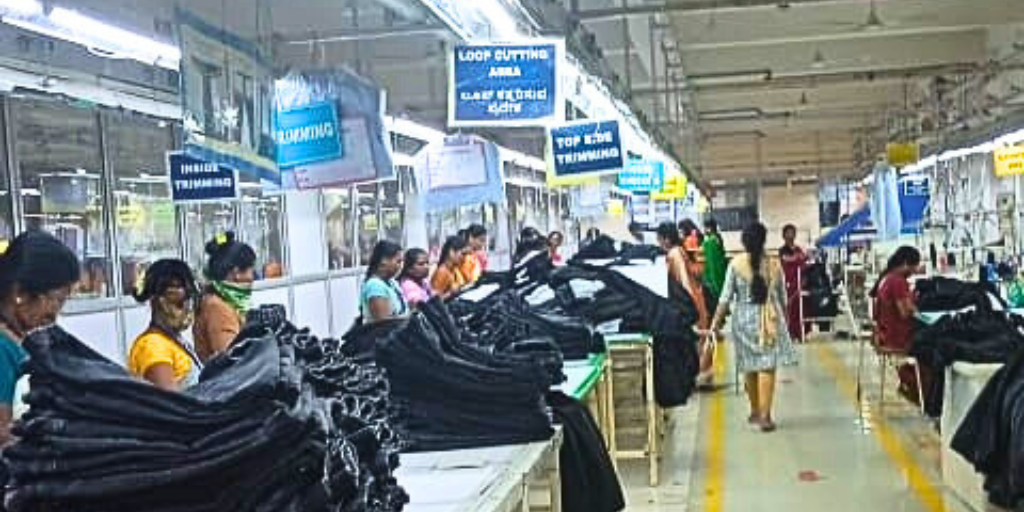The garment industry in Bangalore is a significant contributor to the city’s economy, and employs a large number of women. This research report presents the key findings of a study conducted to assess the health status and access to healthcare services among garment workers in Bangalore. The study aimed to understand the specific health vulnerabilities of women workers and their accessibility to quality healthcare services. The research employed a mixed methodology, including 10 focus group discussions with 94 workers randomly selected from various factories in Bangalore. Body mapping and focus group discussions were conducted to gather demographic information, health status, and healthcare utilization patterns. Additionally, interviews were conducted with experts to gain insights.
The findings revealed that working conditions significantly contribute to several health vulnerabilities, among which musculoskeletal issues, malnutrition, poor sexual and reproductive health, and mental health problems were prominent. The study also highlighted concerns regarding anaemia, menstrual irregularities, and respiratory problems. These health challenges were attributed to the demanding and stressful working conditions arising from high production targets. Regarding access to healthcare, the workers perceive workplace facilities to be inadequate in terms of quality and accessibility. Most of them prefer private healthcare options over the ESI, despite having to spend 25 to 30 per cent of their wages.
These findings emphasise the need for improved access to healthcare services. The report is also crucial for fostering stakeholder dialogues and urging policymakers, occupational health and safety experts, labour rights organisations, trade unions, and civil society to address poor working conditions in the industry.
This report was produced under the Multi-Actor-Partnership (MAP) For A Gender-responsive Occupational Health and Safety Approach In The Footwear and Textile Industry, in collaboration with FEMNET, TURC, and SÜDWIND Institut. It was supported by Engagement Global and German Federal Ministry for Economic Cooperation and Development (BMZ).
Read the full report.

